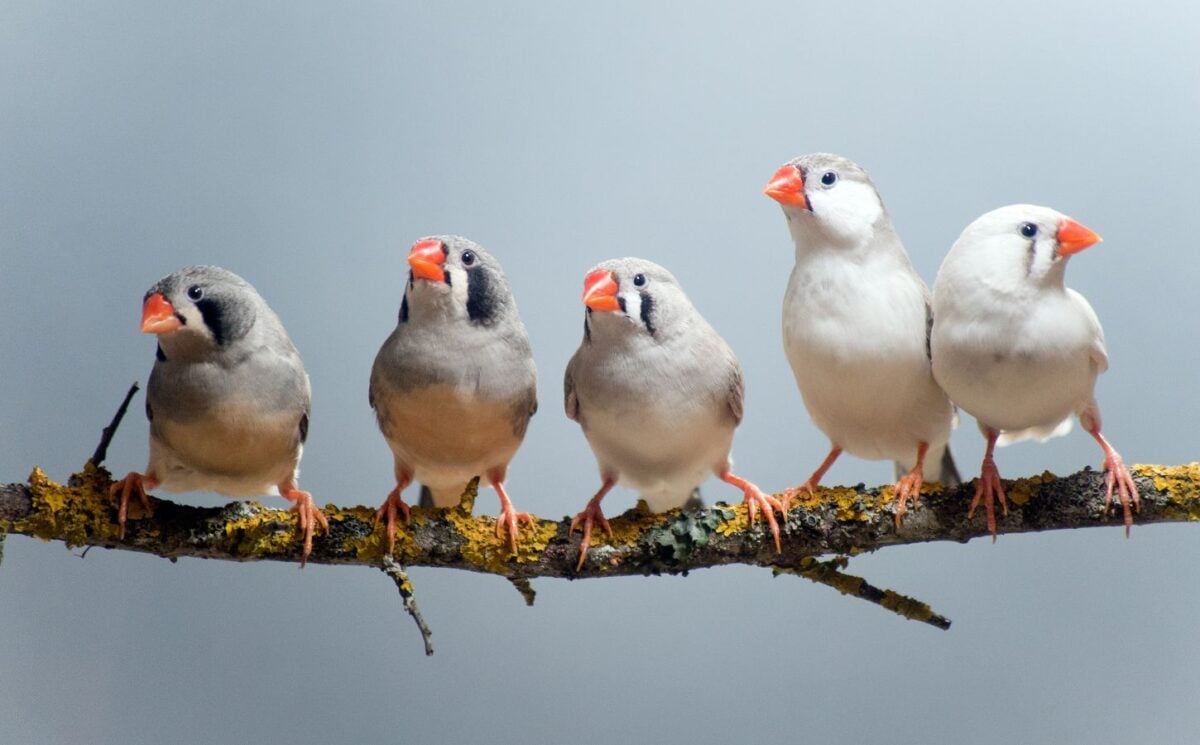Baby birds exposed to noise pollution from traffic suffer from developmental problems and long-lasting harm, a new study has found.
Read more: Walrus Dies Of Bird Flu In First Recorded Case
The damage is done even while chicks are still inside their eggs and lasts after the noise stops. Researchers at Deakin University in Australia discovered that exposure to traffic noise in the five days before hatching meant the eggs they studied were 20 percent less likely to hatch. Those that made it were smaller and weighed less than baby birds only exposed to native bird song.
Long-term impact

To conduct the study, the researchers played different sounds to the eggs of zebra finches, native Australian birds. After they hatched, the chicks were raised by their parents. At night, however, the researchers took the babies elsewhere for several hours to expose them to noise without exposing the parents.
Once the birds were adults, they were allowed to breed freely in aviaries. The researchers monitored them to see how the noise exposure impacted them.
Read more: What Are Snares? The Wild Animals Being Killed By The Elite
More negative effects from traffic noise became apparent as the birds matured. Once they reached reproductive age, they had more than 50 percent fewer chicks of their own than the non-exposed birds. This was true not just in their first breeding season but in subsequent ones as well.
“Rings alarm bells”
It’s unclear why traffic noise had such as serious impacts on the zebra finches. But even plants and cells react to sound and vibrations, according to Dr. Mylene Mariette, one of the study’s authors.
Whatever the means by which traffic noise affects baby birds, “an impact of such magnitude in a songbird, is highly concerning,” she said in a statement. “This study therefore rings alarm bells about the impact of noise pollution on biodiversity and highlights the urgent need for noise reduction measures, for the benefit of humans and wildlife alike.”
Read more: How Extreme Weather In The UK Is Hurting Farmed Animals
She noted several solutions for reducing noise pollution, such as electric vehicles and roadside trees and hedgerows to absorb sound. She also said “we should but also keep our city parks and own gardens quiet by avoiding noisy tools, especially leaf blowers.”
Several other studies have found detrimental impacts of noise pollution of zebra finches and other wildlife. Traffic noise impairs the problem-solving skills of zebra finches and interferes with bats’ ability to hunt effectively. Birds living near airports may be partially deaf. And of course noise pollution in the oceans harms marine mammals and risks their survival.
Plant Based News does not condone the use of animals in research.






